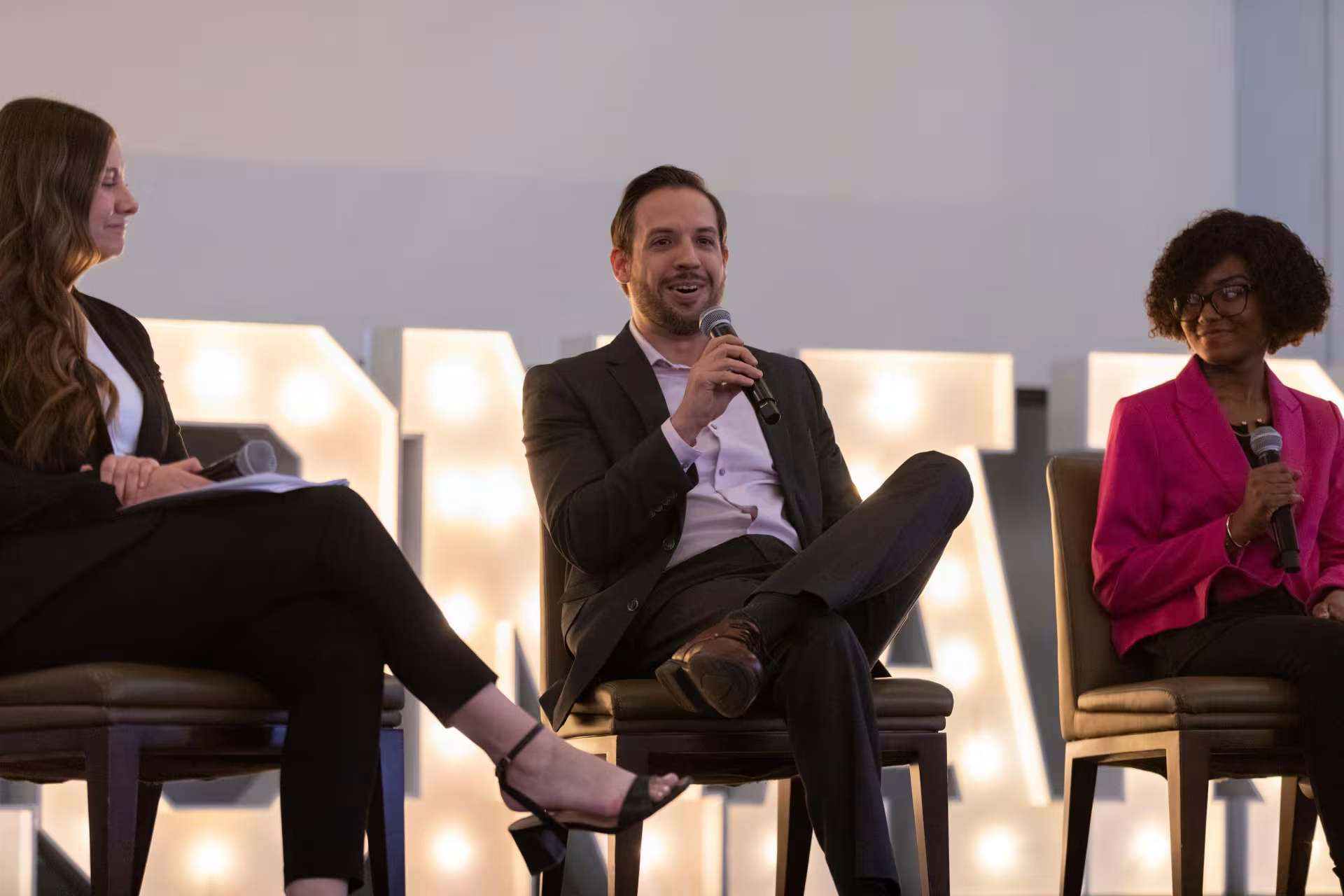A postdoc, also known as a postdoctoral researcher, is a scholar who undertakes a temporary period of continued academic research following the completion of a doctoral degree, usually a PhD. The term postdoc can also refer to the fellowship position that a postdoctoral researcher may occupy at a university.(See disclaimer 1)
If you're thinking of earning a PhD or are already in the process of doing so, you may be wondering, What’s next? If you decide to pursue a postdoc fellowship, you’ll have further opportunities to develop your research, refine your skills and work under the direction of a mentor before pursuing a more permanent position in academia.
What are a postdoc’s main benefits, and is it right for you? Learn more about postdoctoral research to decide if this is the path you should take.
Postdoc Meaning: Overview and Definition
Before considering pursuing a postdoctoral fellowship, it’s important to fully understand what a postdoc means and how it might fit into your career pathway following the completion of a PhD. The postdoc gets its name from the period of time in which it takes place; a postdoctoral fellowship or position takes place after the individual has completed a PhD.
Becoming a postdoc or completing a postdoctoral research fellowship does not confer any additional degrees. Typically funded by universities, postdoctoral research positions allow for the hiring of scholarly researchers to continue work on their research projects for a pre-determined period of time.(See disclaimer 1) A postdoc fellow may also publish their research findings and may attend academic conferences, perhaps presenting their work there.
During their time in the position, a postdoc researcher works closely with a mentor, such as a tenured university professor or researcher. They’ll have opportunities to develop their research skills further under the mentor’s guidance. If the postdoc researcher is in a STEM field, they may also have opportunities to help manage a lab.
What exactly does a postdoc spend their time on? It varies, but may include the following:
What is postdoctoral research? It varies considerably, depending on the postdoc’s chosen field and interests within that field. Postdocs may work on their mentor’s research project, and they may also have opportunities to develop their own independent research.
What Is a Postdoc’s Place Within Your Career Pathway?
A postdoc takes place at the end of your academic journey and the beginning of your professional career. It provides a transition between earning academic qualifications and becoming a contributing member of your field.
To have an idea of how a postdoctoral fellowship might fit into your career pathway, it may be helpful to evaluate the overall progression of your academic career.
Here is a typical example:
- Earn a bachelor’s degree
- Earn a master’s degree
- Proceed to a PhD program, conduct original research and become a doctoral graduate
- Apply to one or more postdoctoral fellowship positions and continue your PhD research or, more likely, begin research in a new topic or a new direction under the guidance of your mentor
- Pursue a teaching and research position at a university, working toward becoming a tenure track professor
The length of a postdoc fellowship varies. Six months is on the shorter end. More commonly, postdocs will be funded for two to three years, or occasionally longer.(See disclaimer 1)
What's the Difference Between a Postdoc and a PhD?
There are many differences between postdoctoral vs. PhD programs. A PhD confers a degree, and the postdoc fellowship does not. A PhD requires coursework, and the postdoc position does not. The postdoctoral researcher has already earned a PhD, whereas the PhD candidate is in the process of earning one.
Furthermore, a PhD candidate is a student, whereas the postdoctoral researcher is a temporary employee who works with greater independence and self-direction. Instead of culminating their research in a dissertation as the PhD candidate does, the postdoc researcher will disseminate their findings through scholarly publications and perhaps academic conferences. Because of these differences, postdoc fellows are expected to already have solid research skills, whereas PhD candidates are expected to acquire them.
Common Goals of Postdocs
Another way to compare a postdoctoral vs. PhD program is to consider their main goals. While a PhD student’s main goal is to earn the PhD, a postdoc fellow’s main goals are to gain experience, benefit from continued mentorship and publish.
There are many reasons to consider applying to a postdoctoral research position, including the following:
Take a Step Toward a Postdoc With a PhD From GCU
Earning a PhD is an essential step toward pursuing additional research with a postdoctoral position. At Grand Canyon University, you’ll benefit from our on-campus residencies, which allow you to work closely with your faculty mentors and connect with fellow PhD candidates. You’ll also enjoy the support of our learner resources, including the Center for Innovation in Research and Teaching, as well as the Doctoral Community (DC) Network™.
Plus, at GCU, the dissertation is integrated directly into the coursework. That means you won’t have to wait until you’ve completed all of the courses to begin working on your own research.
At GCU, you can choose from a broad array of PhDs, such as the following:
As a PhD student, you don’t have to wait to begin preparing for a postdoc position. While you’re still in graduate school, you should look for additional opportunities.
If possible, volunteer to help draft research grant proposals. Look for relevant professional organizations to join and make plans to attend their meetings and conferences. You should also take advantage of any opportunities to present your work, whether at departmental seminars or at academic conferences, as this will provide practice with public speaking and scholarly presentations.
Find Your Ideal PhD and Apply Today
Grand Canyon University invites you to apply to earn their PhD within our welcoming learning community. With online coursework and on-campus residencies, you’ll be fully supported in your efforts to conduct original research, write a dissertation and complete your doctoral degree. Explore our full range of doctoral degrees and fill out the form on this page to reach out to a university counselor.
Work Toward Postdoc Research
Earning a PhD is an essential step toward becoming a postdoc researcher. Apply online at GCU today!






